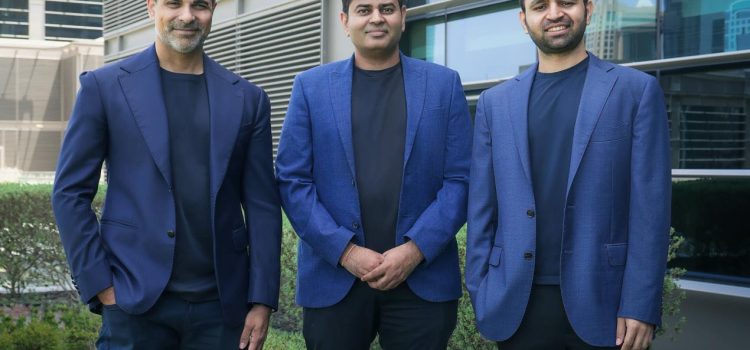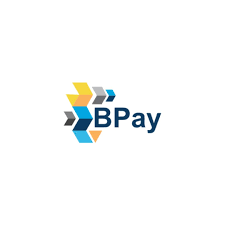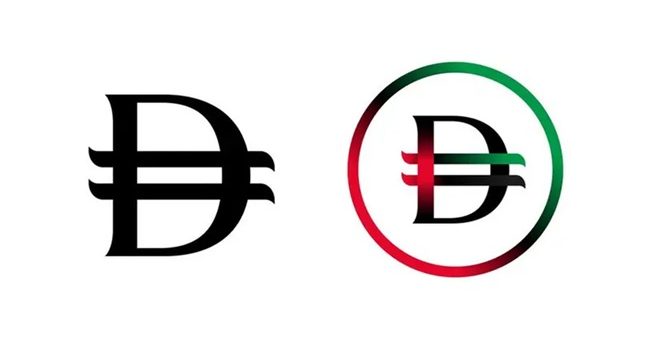
While PRYPCO MINT, the first licensed real estate tokenization platform, in partnership with Dubai Land Department, Dubai’s Regulatory Authority, and powered by Ctrl Alt blockchain, announced two new tokenized properties for investment, Dr. Mahmoud Al Burai, Senior Director of real estate policies and Innovation at Dubai Land Department also announced that soon it will all include crypto payments in October 2025.
In a recent LinkedIn post Dr. Mahmoud Al Burai noted that Crypto is coming as well as more opportunities in the real estate industry. He stated, “We are disrupting the industry big time. Hopefully we see soon investors and tenants paying in Crypto. Crypto traders buying real estate tokens, brokers getting commission in crypto and service charges paid in crypto.”
He also announced that due to the great success of Real estate tokenization project, They would be extending phase 1 of tokenizing ready properties till September 2025. He explained, “More properties will be tokenized soon by VARA licensed entities.” Finally he noted that in phase two cryptocurrency will be added in October. He explained, ” In phase two, we will add crypto currency to the model, expected October this year.”
Crypto.com and DLD sign agreement for including crypto in real estate sector
Just this week, Dubai Land Department and Crypto.com global crypto exchange recently signed a Memorandum of Cooperation to explore the use of Blockchain and digital currencies or crypto in the real estate sector. As per the announcement, the initiative is part of Dubai Real Estate Strategy 2033 that aims to build a smart, sustainable, real estate ecosystem using advanced technologies such as blockchain, and digital assets as well as tokenization.
PRYPCO announces two new tokenized properties
As for now PRYPCO Mint has announced that they are bringing a stunning apartment in Dubai Marina, and a beautiful viall in Dubai Land. In their X post they noted, “Get ready before launch. Stay tuned and keep your wallets ready!”
PRYPCO Mint already sold two tokenized properties. The first fully funded property attracted 224 investors from over 40 nationalities, with an average investment amount of $2,900. On the heels of the success of the first tokenized property listing in UAE and MENA, which brought in investments of over $700K, PRYPCO then did their second tokenized property worth $650K which was also a success.

















